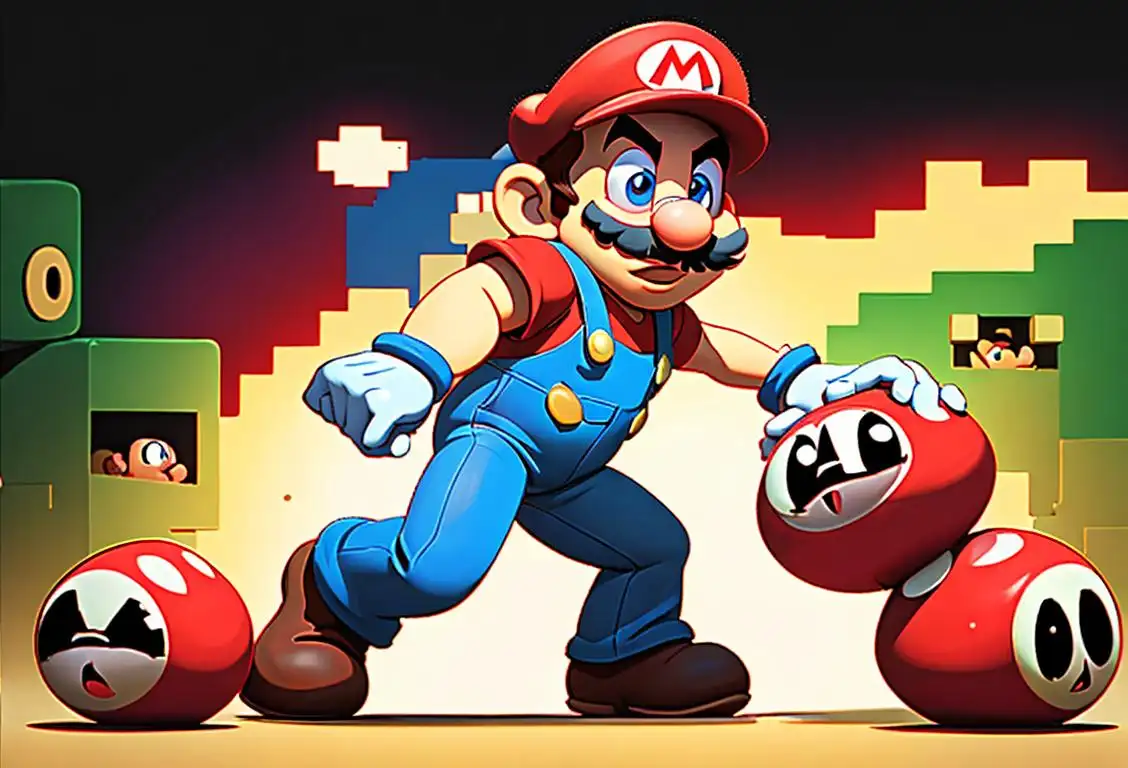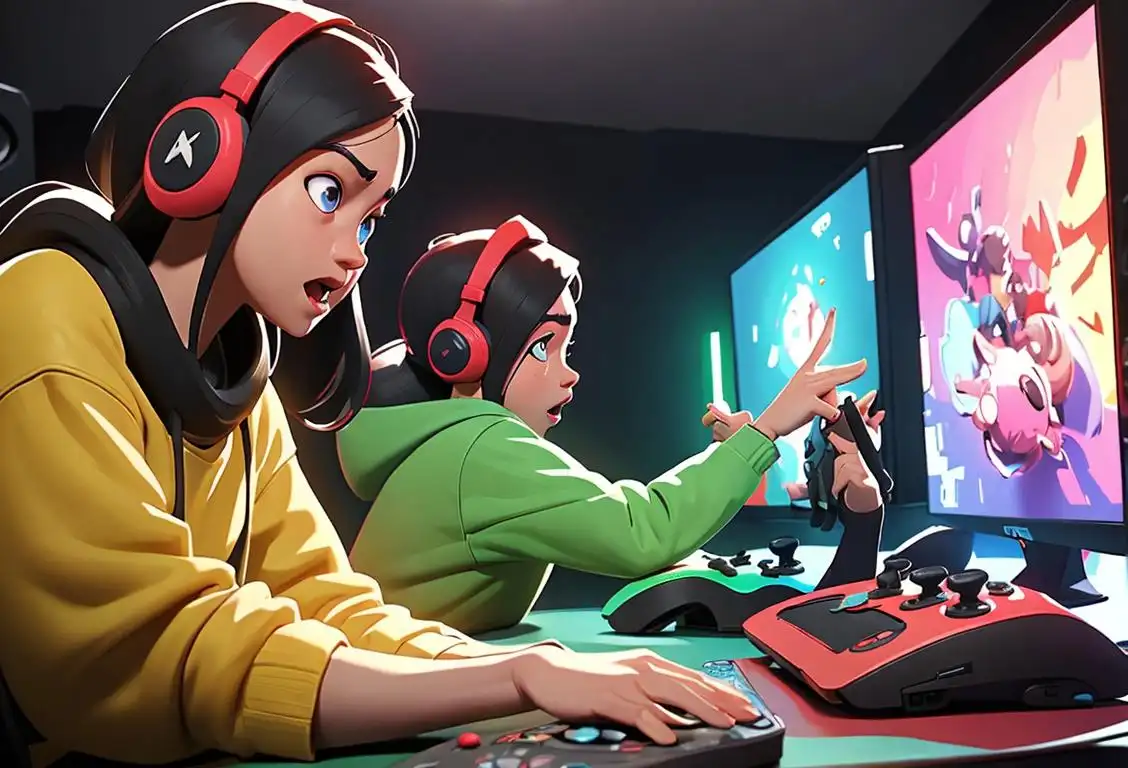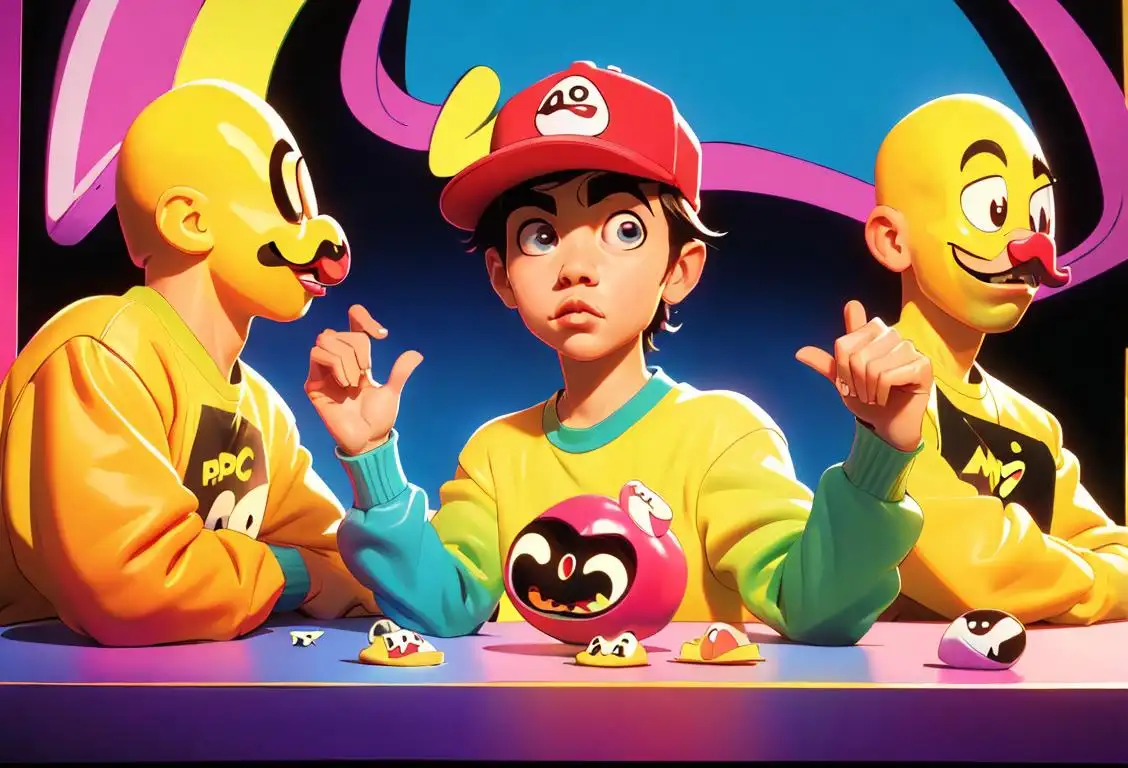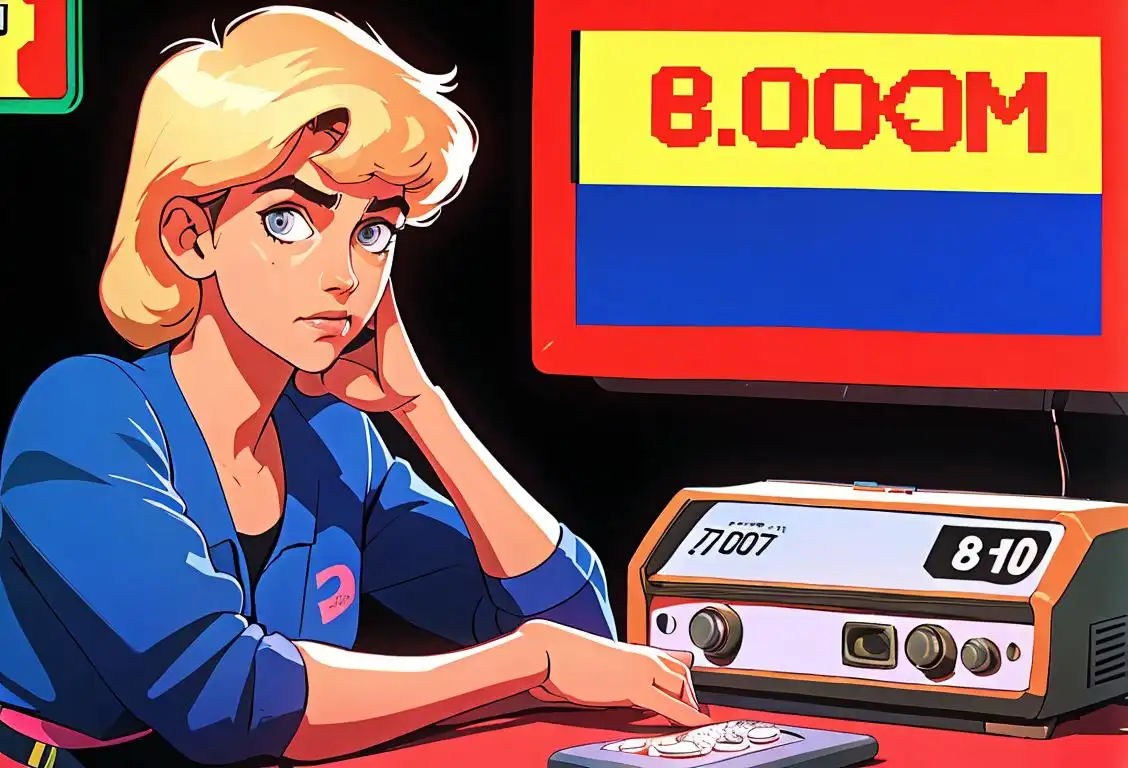National Digital Day

Welcome to the wonderful world of National Digital Day! Get ready to dive into the fascinating history of the digital world, where memes roam free, cats reign supreme, and keyboard warriors wage epic battles. It's a day to celebrate all things digital, so grab your favorite device and let's embark on this digital adventure!
When is Digital Day?
It's national digital day on the 21st May.
The Birth of the Digital Revolution
National Digital Day is a special day that honors the birth of the digital age and the incredible impact it has had on our lives. It all started back in the 20th century when computers were as big as houses and had less processing power than your average toaster. Can you imagine? But thanks to brilliant minds and countless hours of coding, we now live in a digital wonderland.
Remember those dial-up internet days when every connection came with the sweet sound of screeching modems? Ah, the nostalgia! We've come a long way since then. Today, the world is at our fingertips, and we can't help but wonder how we ever survived without emojis and instant access to cat videos.
Celebrate in Digital Style
So, how can you celebrate National Digital Day? Well, the options are as limitless as the digital realm itself. Here are a few ideas:
- Organize a virtual gaming tournament with your friends. You can battle it out in your favorite games without leaving the comfort of your home.
- Hold a digital arts and crafts session. Get creative with digital drawing or explore the wonders of Photoshop.
- Take a walk down memory lane and dig up some classic digital devices. Remember floppy disks and CD-ROMs? It's a blast from the past!
These are just a few examples to get your digital gears turning. Feel free to come up with your own unique ways to celebrate. After all, this day is all about embracing the digital world and letting your imagination run wild.
History behind the term 'Digital'
1942
The birth of the term
The term 'digital' originated from the Latin word 'digitus,' which means finger or toe. It was first used in 1942 by mathematician and computer scientist George Stibitz to describe a system of computing that used digits and numbers for calculation instead of analog mechanisms. This marked the beginning of the term's association with numerical representation in electronic devices.
1950
Computational advancements
In the 1950s, as the field of computing advanced, the term 'digital' started to gain traction. It became closely linked with binary code, a system using only two digits (0 and 1) to represent information. Digital computers, such as the Universal Automatic Computer (UNIVAC) introduced in 1951, utilized this binary system for processing and storage. The term 'digital' gained popularity as it became synonymous with these new electronic machines.
1970
Digital revolution
The 1970s witnessed a significant milestone in the history of digital technology. Integrated circuits, also known as microchips, experienced a revolution. The miniaturization and increased processing power of these chips led to the widespread adoption of digital electronics. This period marked the birth of personal computers and set the stage for the digital revolution that would transform various industries and our daily lives.
1983
Digitalization of telecommunications
With the introduction of the Advanced Mobile Phone System (AMPS) in 1983, digital technology made its way into the telecommunications industry. AMPS was the first commercially available cellular network and utilized digital transmission techniques. This marked a pivotal moment as it laid the foundation for the digital revolution in telecommunications, enabling the development of mobile phones and subsequent advancements in wireless communication.
1990
Internet and digital age
The 1990s witnessed the rise of the internet and the transformative impact it had on society. With the World Wide Web becoming accessible to the public, the term 'digital' took on new meaning. It became associated with the online realm, digital content, and the exchange of information through digital channels. This era marked the beginning of the digital age, where the internet became an integral part of our personal and professional lives.
Did you know?
Did you know that the very first computer mouse was made out of wood? Yup, back in 1964, a man named Douglas Engelbart created the first prototype of the mouse, and it looked more like a tiny wooden box with wheels. Talk about a major upgrade since then!Tagged
fun nostalgia technology gaming digital artFirst identified
18th March 2015Most mentioned on
21st May 2020Total mentions
408Other days
Digital Day
Landline Telephone Day
Mario Day
Tv In The Same Day
Video Game Video Game Day
Toss Your Pager In The Trash Day
Videogames Day
Griztroncis Day
Pac Man Day
Teletext Day








